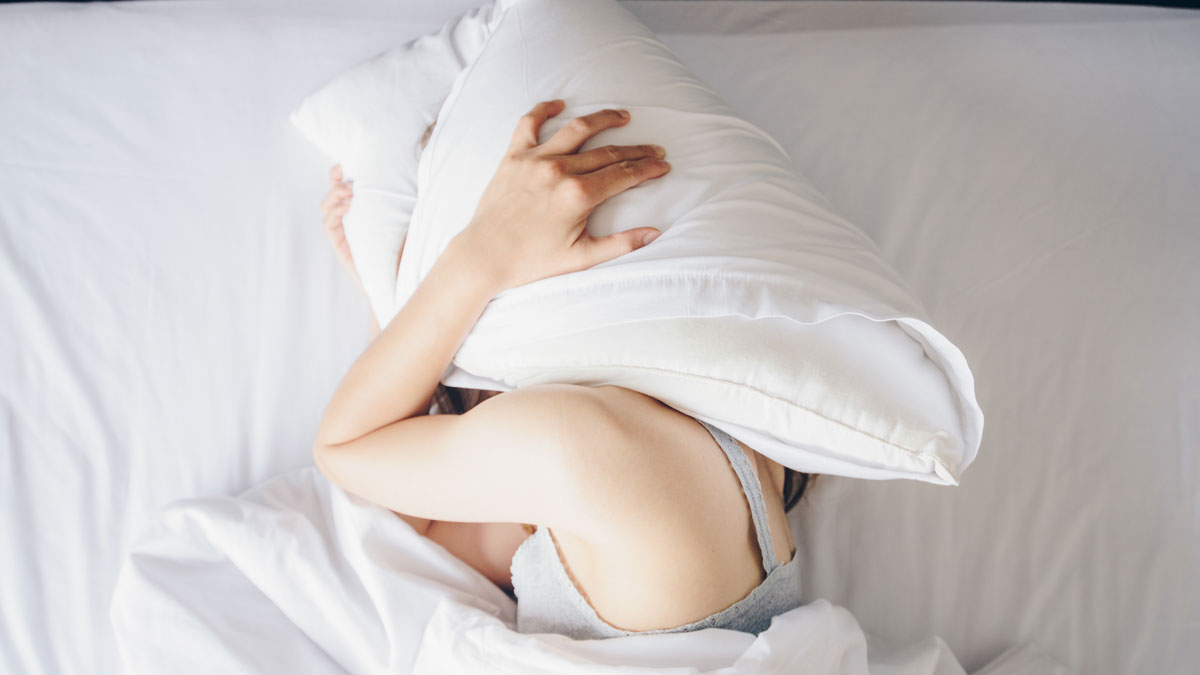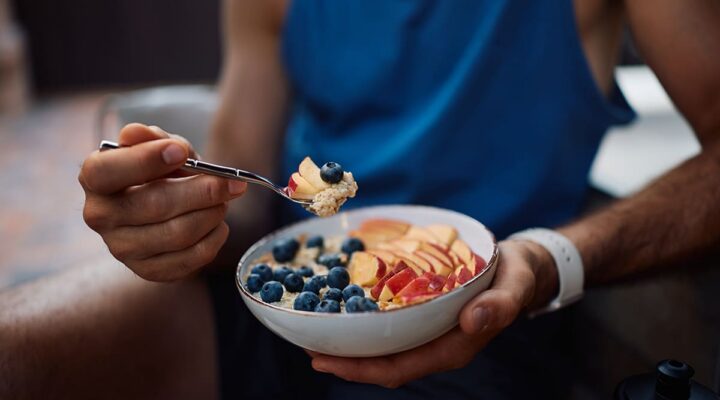Alcohol & Cigarettes Deemed Worse for Sleep than Caffeine

For the average Joe, a fresh cup of Joe is likely considered one of the worst things you could possibly do for your sleep. Indeed, a typical helping of coffee contains approximately 95 mg of caffeine, shown to have a significant effect on sleep disturbance even when consumed six hours before bed. Interesting, then, that the latest research points to alcohol and cigarettes as even guiltier culprits when it comes to obstructing a restful night.
According to a new study published in the journal Sleep, cutting back on alcohol and nicotine four hours before bed could prove more effective for quality and quantity of sleep than an after-dinner coffee.
Researchers measured data of the wristwatch sensors and personal sleep diaries from 785 study participants over 5,164 days to reach their conclusion, finding nicotine to be a particularly harsh inhibitor to people with insomnia. On average, smoking at night was linked to a reduction of over 40 minutes to overall sleep.
A potential reason for this is that nicotine levels drop toward the morning hours, which could increase a person’s cravings and thus wake you up. Another is that, because of its effect on the lungs and blood vessels, nicotine can amplify breathing disorders impacting sleep such as asthma and sleep apnea.
Meanwhile, though a drop of alcohol is sometimes credited with aiding sleep onset, the bodily process of breaking it down is shown to come with a stimulant effect, meaning a nightcap is likely to come back to haunt you in the early hours.
Caffeine Optimisation
Caffeine is the most widely consumed nootropic in the world, boasting the ability to improve brain functions. Most people use caffeine to feel energized during the day, and regular coffee consumption has also been hailed for its health benefits thanks to its ample antioxidants and proven longevity support.
But though these new findings might downplay coffee consumption’s impact on your sleep relative to drinking and smoking, there’s no getting around the fact that it still plays a part in keeping you up. The key, then, to getting the most from your caffeine fix without encroaching on your shut-eye is to consider 1/ your dosage and 2/ your timing.
The expert consensus is to cap coffee consumption at four to five cups a day to avoid anxiety and irritability. Ideally, that should be done before 2 pm in order for the majority to be cleared by the time you hit the hay. Note, however, that some sleep therapists will advise abstaining altogether if you’re particularly sensitive to caffeine.
_
If you’re prone to what’s colloquially known as “the jitters” when you drink coffee, Form’s Boost supplement contains 100mg of caffeine per capsule combined with the calming amino acid L-Theanine, which multiple studies have shown to work together to improve attention and alertness. Caffeine has been shown to have a greater effect as a performance-enhancer when consumed in its anhydrous state (as in Boost) as compared to coffee. Research shows it is effective in improving sports performance from sustained maximal endurance exercise through to strength and high-intensity exercise and team sports.
ZZZZs promotes a restful and regenerative night’s sleep by combining 5-HTP with calming amino acids and the dietary minerals Magnesium and Zinc. 5-HTP is the precursor to serotonin, the neurotransmitter responsible for happiness. Because of this role in creating serotonin, 5-HTP is also indirectly involved in producing melatonin, a hormone that helps the body’s bio clock stay in sync and regulates daily sleep-wake cycles.


















